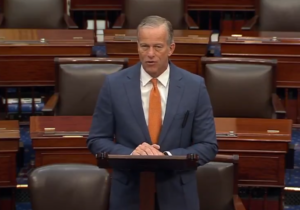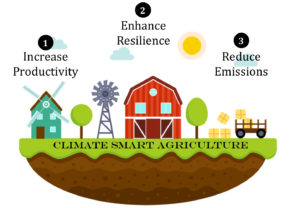For the first time in 20 years, the Senate has a strong ethanol champion as Majority Leader in Sen. John Thune (R-SD). The last time was another South Dakotan, Democrat Tom Daschle, who was instrumental in crafting the Renewable Fuel Standard (RFS).
Jonathon Lehman, who has been the American Coalition for Ethanol lobbyist for many years, served as Counsel to Sen. Daschle and helped to write the legislation. “When we started the RFS in the early 2000s, it was really in response to the farm economy at the time and really low commodity prices,” said Lehman. “We knew at the time that you really needed to increase demand and that is where the RFS came into play is to really drive corn demand via the ethanol industry and soybeans via biodiesel and create this new market opportunity.”Ironically, Daschle lost his seat in the Senate before the RFS was passed into law in 2005, and he lost it to John Thune who was serving in the House. “Senator Daschle was the lead sponsor of the RFS on the Senate side back in the early 2000s while John Thune was the lead sponsor on the House side,” said Lehman. “So he’s been a core kind of champion of biofuels throughout his entire his entire career.”
Lehman provided insights and background for members of ACE prior to their visits on Capitol Hill this week.
2025 ACE Fly-in Jonathon Lehman 7:08










